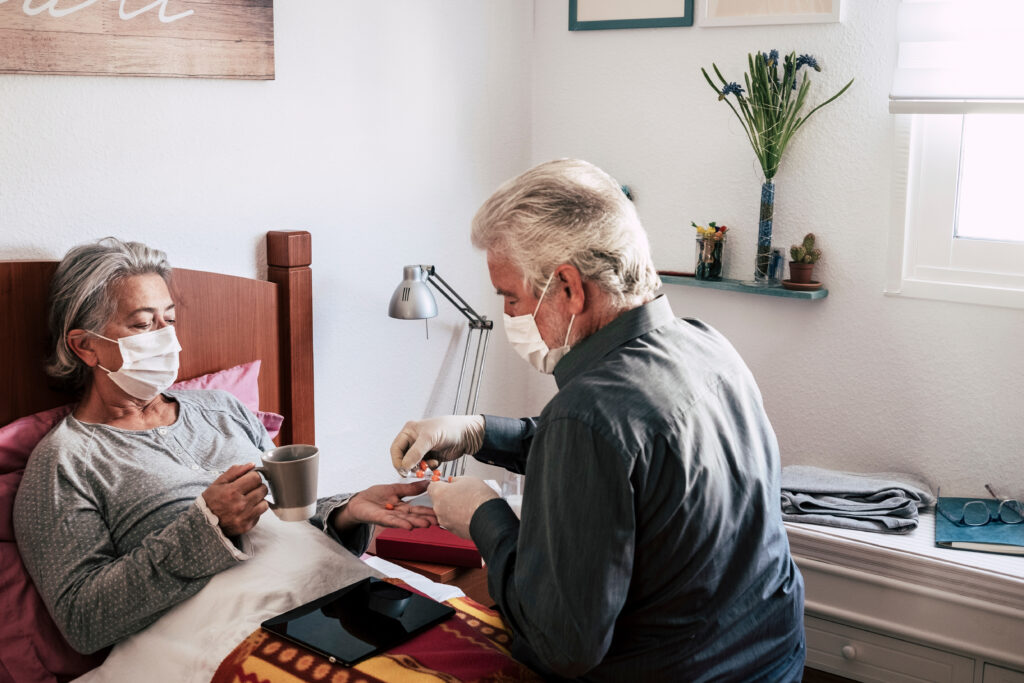Colorado Hospice Care: How to pay for Hospice Care, Licensing and Regulations, and Questions to ask
Boulder is a city at the foothills of the Rocky Mountains, in northern Colorado. To the west, the trail-lined Flatirons are craggy rock formations overlooking the city. Downtown’s pedestrian Pearl Street Mall includes art galleries, cafes, restaurants and boutiques. With 300 miles of biking and hiking trails and 45,000 acres of beautiful open space and vast mountain landscape, it’s easy to see why it’s internationally known for outdoor recreation and sports. Widely considered to be one of the best places to live in the US, Boulder real estate seems to always be in high demand. Locals enjoy world-famous outdoor activities, a booming economy, and short commutes to the city of Denver. Colorado Springs and Boulder are among American cities people might want to look into for their retirement living plans.

- Colorado Hospice Care: How to pay for Hospice Care, Licensing and Regulations, and Questions to ask
- About Hospice in Boulder
- Considerations when looking for care in Boulder
- Cities near Boulder
- Local Hospitals and Healthcare Providers in Boulder
- How to pay for Hospice Care?
- Who Pays for Palliative Care?
- Questions about Hospice Care
- Hospice Care resources and links
- Search other areas for Hospice Care
About Hospice in Boulder
Generally, Colorado’s seniors are healthy and active later into life. When the time comes for care, you will be in good hands. In Colorado, hospice is a concept of care, not a specific place of care. Hospice care is for those who have been living with a terminal illness or only recently received a serious diagnosis of six months or less life expectancy. This specific type of care is there to ease the burden of 24-hour care. It provides a respectful, comfortable care setting for your loved one’s final months and weeks or days. It is an option to consider and can be especially helpful for families, or those seniors without family to provide end-of-life care. Hospice services are available to patients of any age, religion, race, or illness. Hospice care is covered under Medicare, Medicaid, most private insurance plans, HMOs, and other managed care organizations.
Considerations when looking for care in Boulder
With a city of 104,175, there are endless hospice care providers to choose from. It is also important to consider the weather in Boulder. January is the coldest month with an average daytime high of 45 degrees. Boulder’s annual snowfall average is 89 inches. The warmest month is July with an average daytime temperature of 87 degrees.
Hospice Communities near Boulder, Colorado
Colorado Vna Llc
Arvada, Colorado 80002
Compassionate Home Health Care Llc
Broomfield, Colorado 80020
Mount Evans Home Health Care & Hospice
Evergreen, Colorado 80439
Craft Home Health
Boulder, Colorado 80301
Tru Community Care
Lafayette, Colorado 80026
Alliant Home Health Llc
Westminster, Colorado 80234
Accentcare Hospice & Palliative Care Of Colorado
Westminster, CO 80031
Abode Hospice Of Colorado
Lakewood, CO 80228
Trail Winds Hospice
Boulder, Colorado 80303
Tru Community Care
Longmont, Colorado 80501
Cities near Boulder
- Gunbarrel – 8 miles north of Boulder
- Louisville – 9 miles east of Boulder
- Gold Hill – 11 miles west of Boulder
- Eldorado Springs – 8 miles south of Boulder
How to pay for Hospice Care?
Medicare, private health insurance, and Medicaid (in 43 states) covers hospice care for patients who meet eligibility criteria.
Private insurance and veterans’ benefits may also cover hospice care under certain conditions. In addition, some hospice programs offer healthcare services on a sliding fee scale basis for patients with limited income and resources. To get help with your Medicare questions call 1-800-MEDICARE (1-800-633-4227) or visit www.medicare.gov. Additional information about how to pay for hospice care can be found at the Public Policy Institute of the AARP.
Who Pays for Palliative Care?
Medicare, Medicaid, many insurers, and healthcare plans will cover the medical portions—physician and nurse services—of palliative care.
Veterans may be eligible for palliative care through the Department of Veterans Affairs. Check with your doctor and healthcare plan to see what insurance will cover in your particular situation. Unlike the comprehensive hospice benefit, there is no comprehensive palliative care benefit.
Questions about Hospice Care
Is Hospice only for those who have cancer?
No. It is for anyone with a terminal illness who has been given a prognosis by their doctor of six months or less.
Do only elderly people use these services.
It is for all age groups during the final stages of their life. The intention is to allow people to enjoy the closeness of family and a comfortable environment in the last stages of their life.
Do people on hospice die immediately?
This care does not hasten death. Though, studies have shown people often live longer than those with the same or similar illnesses who do not choose hospice.
Are all hospices the same?
The United States offers thousands of hospices. Most engage in Medicare, which requires certain services for the person in care. So, there is a standard operating procedure.
How can I afford Hospice care? Is it expensive.
Hospice care is covered by Medicare Part A, and your personal insurance.
Is Hospice is only provided in the individual’s home?
NO, Care is provided wherever the person is, which could be a long-term care facility or a hospital. Being take care of at home is always an option.
UCHealth Boulder Health Center
5495 Arapahoe Ave, Boulder, CO 80303
Local Hospitals and Healthcare Providers in Boulder
Foothills Hospitals
4747 Arapahoe Ave, Boulder, CO 80303
Hospice Care resources and links
Medicare.gov is the resource for all things related to Medicare. The official website where you can learn abut eligibility and signing up and any questions you may have regarding coverage.
Medicaid.gov is the most relevant resource for any questions or concerns regarding all things Medicaid.
Search other areas for Hospice Care
Not finding what you’re looking for? Take a look below.
